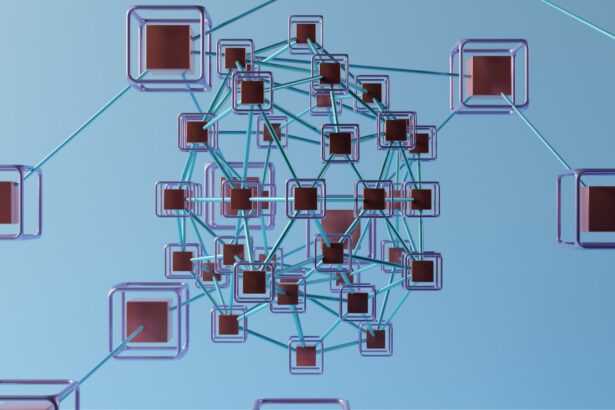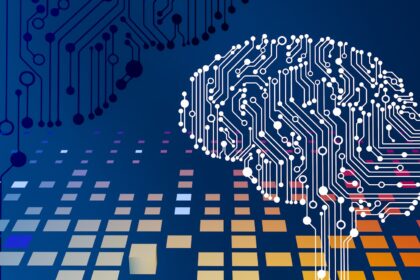Statistical analysis – data interpretation methods
Apply ANOVA to determine if differences among multiple group means are statistically…
Cache coherence – memory consistency protocols
Maintaining uniformity among multiple local storage units requires precise coordination mechanisms to…
Automata theory – computational model analysis
Designing effective finite devices requires precise identification of states and transitions. Each…
Serverless computing – function-as-a-service model
Leverage the function-as-a-service paradigm to build applications that scale automatically with demand…
Consensus algorithms – distributed agreement protocols
Reaching unified decisions across multiple network nodes requires reliable synchronization mechanisms that…
Artificial intelligence – machine reasoning systems
Implement expert systems that simulate human decision-making by integrating symbolic logic with…
Internet of things – connected device ecosystems
Optimizing sensor networks requires selecting appropriate communication protocols to ensure seamless data…
Content delivery – global distribution networks
Implementing a CDN with strategically placed edge servers minimizes latency by caching…
Data lake – unstructured information repository
Utilize a schema-on-read approach to maximize flexibility when handling large volumes of…
Distributed computing – networked processing architectures
Leverage interconnected systems by deploying task execution across multiple nodes to enhance…














